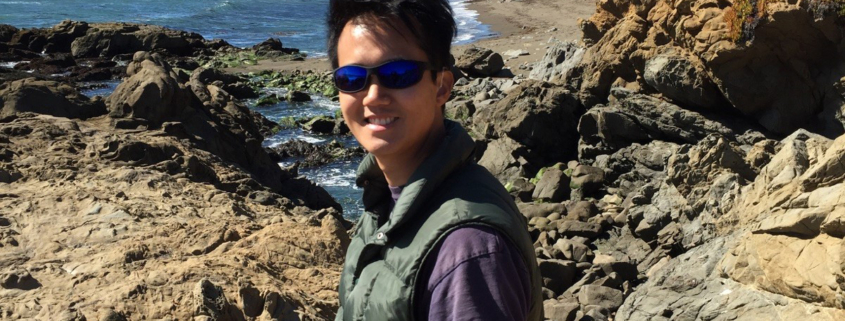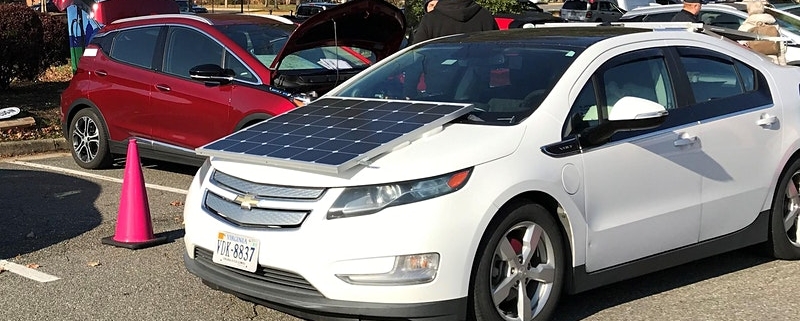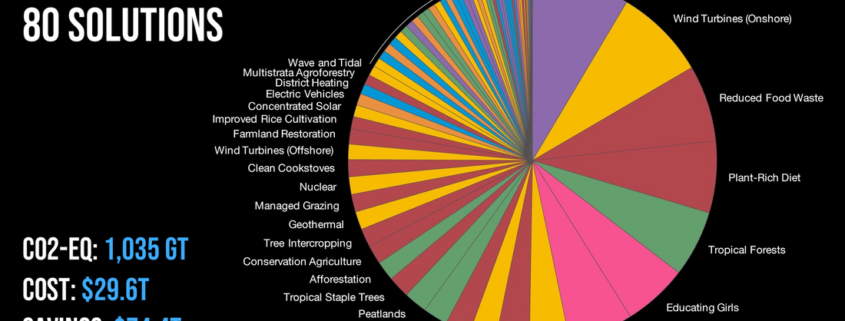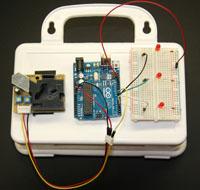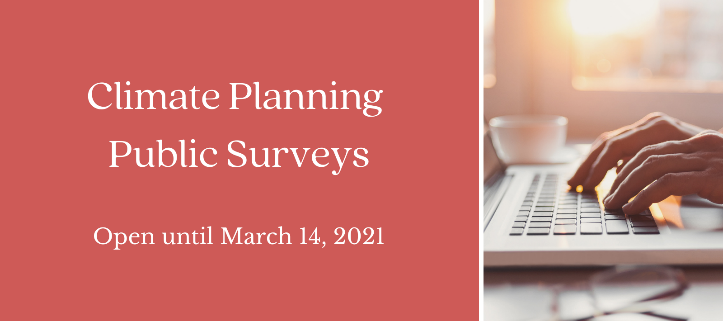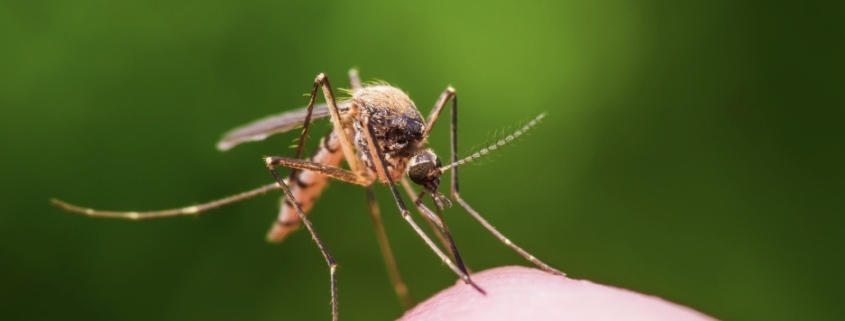What a Warming World Means for Plants, Pests and Pollinators, webinar, June 18th
Photo: Courtesy of SERC
Tuesday, June 18, 2024
7 pm
Register here.
How will a hotter planet reshape the insect world? In the Smithsonian Environmental Research Center (SERC) June evening webinar, join entomologist and author Michael Raupp for a look at the future of insects, both pests and pollinators. He will reveal how climate change is shifting weather patterns around the globe, and what that means for insects and mites in the mid-Atlantic. Learn how rising temperatures impact insect abundance, distributions, seasonal behaviors and the web of interactions among plants, herbivores and their natural enemies.
Michael Raupp
Professor Emeritus·University of Maryland
Mike is professor emeritus at the University of Maryland. He has received more than a dozen international, national and regional awards for writing, scholarship and scientific outreach. Mike has appeared on major television and radio networks in this country and several abroad, and been featured in National Geographic Ultimate Explorer, Science Channel and PBS. He has appeared with luminaries including Jay Leno, Hoda Kotb and Robin Roberts. His “Bug of the Week” website, www.bugoftheweek.com, and Youtube channel (www.youtube.com/user/BugOfTheWeek) reach tens of thousands of viewers weekly in more than 200 countries around the world. His most recent book, “26 Things That Bug Me,” introduces youngsters to the wonders of insects and natural history, while “Managing Insect and Mites on Woody Plants” is a standard for the arboricultural industry.



